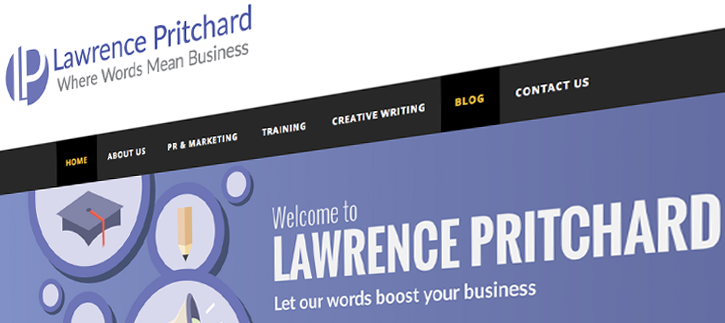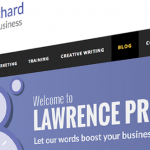Why You Should Never Believe Your Own Good News
An old boss of mine used to say that the golden rule of PR was never to believe your own propaganda. Time and experience has taught me that he was absolutely correct. When things are going well it’s easy to think they are never going to go badly again. Not ever. Until they do.
This is a business which should be all about perspective. That’s perspective – not pessimism. You can’t spend all your waking hours searching for the dark lining under every fluffy cloud. It’s called ‘spin’ for a reason. But equally you can’t spin on regardless of the reality – and you separate yourself from that reality at your peril.
Because, as we all know, the next big thing is never better than sliced bread. Whoever came up with that aphorism obviously never ate a sandwich made with bread created by the hideous Chorleywood process. But if all you’ve known is one successful product launch after another – one cheerful Monday following the next – it’s almost impossible to keep a sense of reality. And when it’s the client coming with one good news story after another it’s even harder to sit back and make an honest assessment of what’s really going on.
But that’s when it’s most vital to sit back and take a long hard look. When it’s all going so swimmingly well you’re head is spinning, that’s the most critical time to have your boots firmly planted on solid ground. Journalist Louis Heren famously said “When a politician tells you something in confidence, always ask yourself: why is this lying bastard lying to me?” And those in PR should do something similar. Not that the sweet faced client sitting next to you is ever lying – but keep it all in perspective. Yes, you need to look excited and enthusiastic, but your brain should be working furiously and should never, ever leave the ground. You do both yourself and the client an enormous disservice if you do.
Which brings me to Tesco and their attempt to sell off the family silver in the form of data analytics firm dunnhumby. Strapped for cash Tesco was looking to make a quick buck. It didn’t take them long to decide that one jewel in the tarnished crown they thought they could do without was their globally successful data arm. Immediately two things become apparent. First, if it’s that important to the business why would you ever think of selling it? And second, if you don’t value it, what makes you think anyone else will value it more than you do?
The first of these suppositions shows just what’s wrong with Tesco. What was important about dunnhumby in the mid-1990s is surely still important in 2015? And the second has been shown to be true as the possible sale crashed when the value started to be questioned. But at one point Tesco must have thought it was onto a solid gold winner. But it was a panic sale. Grab whatever chips you can find on the gaming table and cash them in – and dunnhumby looked like a very substantial and glittering chip to be cashed.
Of course hindsight is a wonderful thing, but did nobody, even in those heady days of collapsing profits, question the fundamental strategy of trying to sell off so valuable an asset? If not, it must be because they’d swallowed their own story – believing this to be a less than vital business which could be sold at a good profit. For a whole raft of reasons that turned out not to be the case. The boots were not firmly on the ground. Admittedly that ground was itself shifting dangerously under foot, but panic measures – most particularly blind panic – seldom produce good results. Just ask any Leeds United fan.
It needed a sensible strategy based on longer term outcomes. But the City of London isn’t built that way which is why Tesco went the way it did, crashing headlong into short term measures which were bound to fail. It would have taken a brave leader to do anything else – and a brave leader is what they didn’t have at that point.
So by all means put out the good news – and keep putting it out. But beware, it won’t always be a case of calm seas and prosperous voyages. You always need to keep a weather eye open for the storm – and be prepared – especially when things are looking – and sounding – the best they’ve ever been.
Nigel Lawrence



